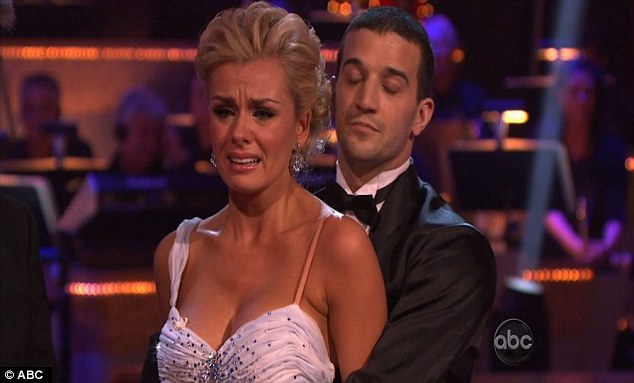ABC’s popular show Dancing with the Stars has had some very emotional reactions lately. Some of the biggest facial expressions came from Katherine Jenkins whose emotional reactions were contagious.
The facial expression of emotion below came just minutes after a video montage to her late father and her dance performance for that night.

Photo courtesy of ABC
The image below is her response to the judges scores.

Photo courtesy of ABC
What Expression of Emotion do you see in these pictures?
 Americans are a diverse group of people interacting on a daily basis often times in stressful situations.
Americans are a diverse group of people interacting on a daily basis often times in stressful situations.